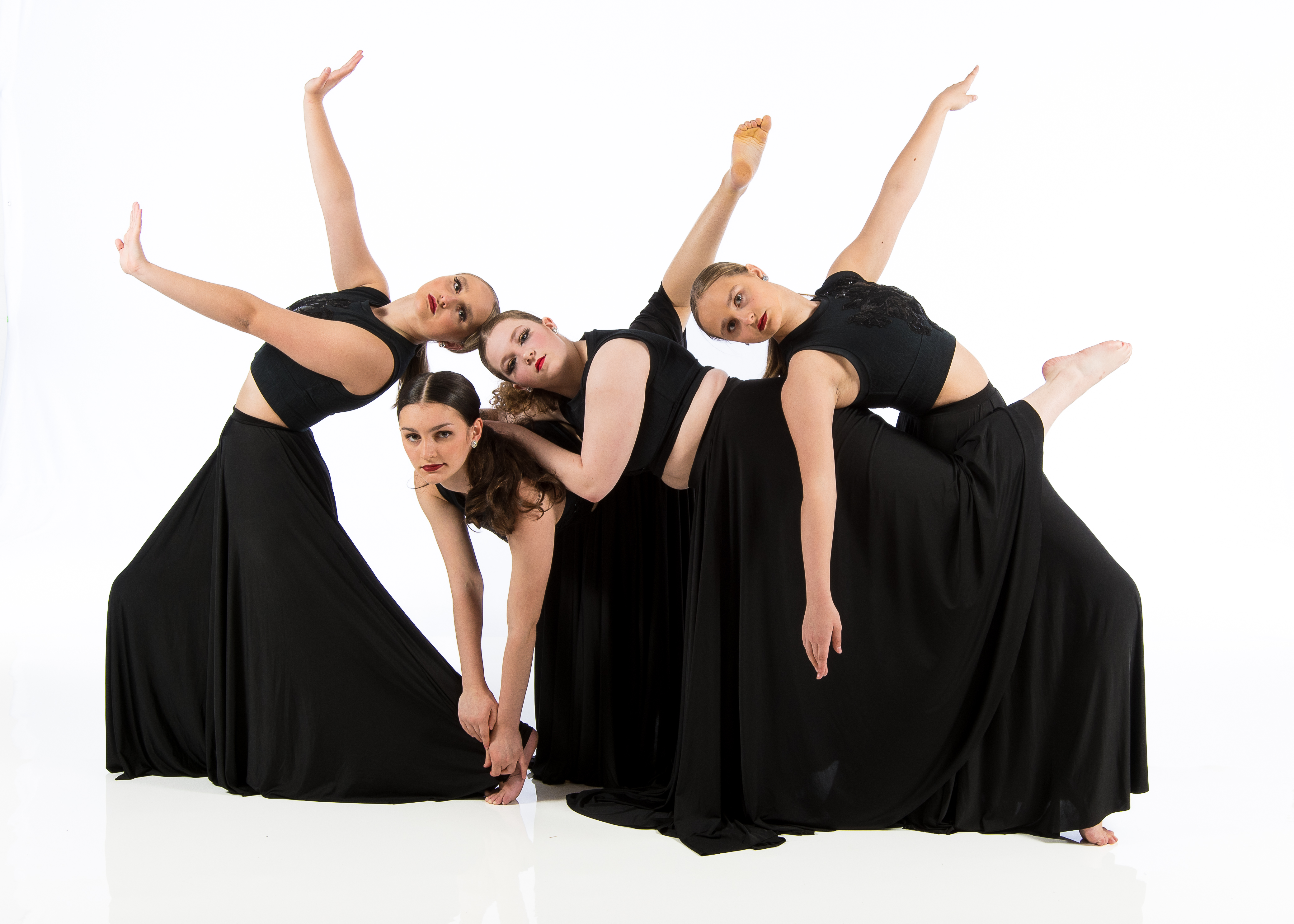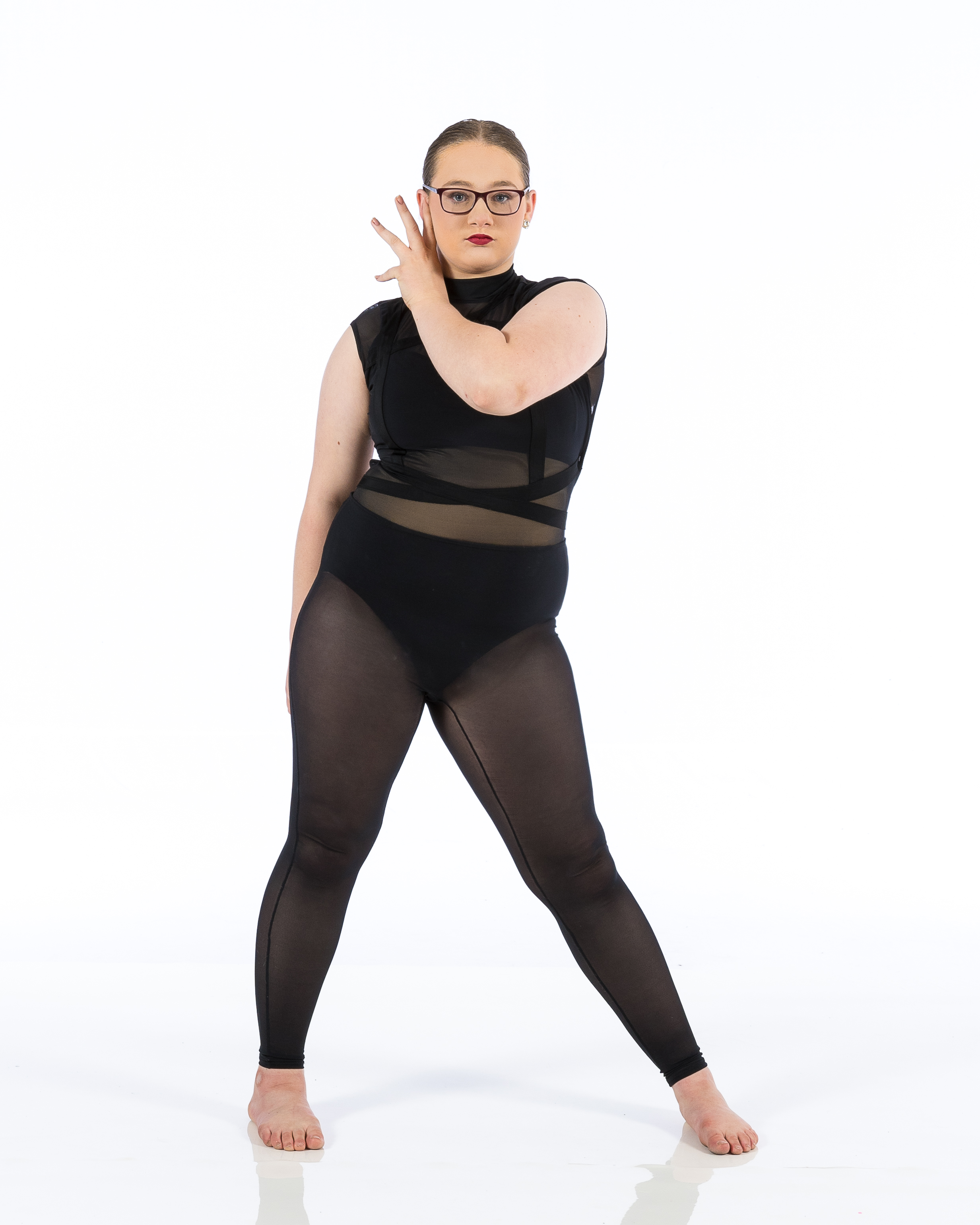Introduction
Dance competitions can be a thrilling yet daunting dance studio experience for dancers of all ages and skill levels. Whether you're a seasoned performer or a newcomer eager to showcase your talent, understanding what to expect and how to prepare can make all the difference. From the adrenaline of performing on stage to the intricate details of competition rules, there's a lot to cover. This article will guide you through every aspect of dance competitions, ensuring you're well-equipped for success.
Dance Competitions: What to Expect and How to Prepare
Understanding Dance Competitions
When it comes to dance competitions, the first thing you need to understand is the environment. These events are designed not just for showcasing talent but also for fostering growth, learning, and camaraderie among dancers.
Types of Dance Competitions
There are several types of dance competitions that you might encounter:
- Local Competitions: Often hosted by community organizations or local dance studios, these events are more relaxed and cater primarily to beginners. Regional Competitions: These larger-scale contests attract participants from various cities and feature more rigorous judging criteria. National Competitions: As the name suggests, these are held at a national level, drawing top talent from across the country. International Competitions: For those aiming for global recognition, international competitions offer an opportunity to perform on an esteemed platform.
The Judging Criteria
Understanding how judges evaluate performances can significantly impact your preparation strategy.
Technical Skills
Judges pay close attention to technique, including:
- Body alignment Flexibility Precision in movements Control
Artistic Expression
While technical skills are crucial, judges also look for:
- Emotional connection with the music Creativity in choreography Stage presence Overall performance quality
Costume and Appearance
First impressions matter! Judges will consider:
- Appropriateness of costumes Cleanliness and neatness Overall presentation
Setting Your Goals for Competition
Before diving into preparations, set clear goals for yourself.
Short-term vs Long-term Goals
Consider both short-term objectives (like mastering a specific routine) and long-term aspirations (such as advancing to higher competition levels).
Choosing the Right Dance Studio
Your choice of dance studio plays a pivotal role in your competition journey.

Reputation Matters
Look for studios with a solid track record in preparing dancers for competitions.
Quality of Instruction
Evaluate the instructors’ credentials. Are they experienced? Have they competed themselves?
Preparing Your Routine: Steps to Success
A well-rehearsed routine is essential for competition success.
Select Your Music Wisely
Choose music that resonates with you emotionally and complements your style.
Choreography Considerations
Work closely with your instructor on choreography that highlights your strengths while challenging you technically.
Rehearsing Effectively: A Comprehensive Guide
Effective rehearsal strategies can elevate your performance.
Structured Practice Sessions
Instead of random practice times, create structured sessions focusing on different aspects like technique, musicality, and stage presence.
Mock Performances
Simulate competition conditions during rehearsals. Invite friends or family members as an audience.
Mental Preparation Techniques for Dancers
Don’t underestimate the power of mental preparedness!
Visualization Techniques
Spend time visualizing your performance – this can enhance confidence and reduce anxiety.
Breathing Exercises
Simple breathing techniques can help calm nerves before stepping on stage.
Physical Conditioning: Keeping Fit Before Competing
Beyond practicing your routine, physical conditioning is vital.
Strength Training
Incorporate strength training exercises tailored specifically for dancers.
Flexibility Routines
Regular stretching is crucial; it enhances performance while reducing injury risk.
Understanding Competition Day Logistics
Knowing what happens on competition day helps alleviate stress.
Arrival Time
Arrive early! This gives you ample time to check-in and warm up properly.
Warm-Up Essentials
Focus on dynamic stretches and movement drills specific to your routine before performing.
Packing Your Competition Bag: Essential Items To Include
What should you bring along? Here’s a checklist:
| Item | Purpose | |----------------------|---------------------------------------| | Costumes | Performance attire | | Makeup kit | To enhance appearance | | Water bottle | Stay hydrated | | Snacks | Quick energy boosts | | Extra tights & shoes | In case of wardrobe malfunctions |
Dealing with Pre-performance Anxiety
Feeling nervous? You’re not alone!
Acknowledge Your Feelings
Recognize that pre-performance jitters are normal; even professionals feel them!
Positive Affirmations
Use affirmations like “I am prepared” or “I can do this” to boost self-confidence before taking the stage.
Dance Competitions: What It Takes To Win
Winning isn’t everything—but it sure feels great!
Understanding Judges’ Perspectives
What do judges look for during performances?
Technical proficiency Artistic expression Connection with audienceBy understanding this triad, you can tailor your routines accordingly!
Networking Opportunities at Dance Competitions
Competitions aren’t just about winning; they’re also ideal settings for networking!
Connecting With Other Dancers
Engage with fellow competitors—who knows what collaborations may arise?
Post-Competition Reflection: The Importance Of Feedback And Growth
Once everything's said and done, reflecting is key!

Seek Constructive Criticism
Get feedback from judges as well as peers—it’s invaluable for future growth!
FAQs About Dance Competitions
What age groups participate in dance competitions?
Age groups vary widely—from toddlers in their first recital to adults competing at high levels.
Do I need prior experience before entering my first competition?
While experience helps, many local competitions welcome beginners too!
How are scores awarded in dance competitions?
Judges typically score based on technical skill, artistic expression, overall performance quality—usually out of 100 points total.
Can I participate in multiple categories?
Absolutely! Many dancers showcase versatility by participating in various styles like ballet, jazz or hip-hop during one competition event.
How do I handle disappointment if I don’t win?
Remember that every dancer has off days; use it as motivation instead—every setback paves way towards improvement!
li24/ol2/hr6hr6/##
Conclusion: Embracing The Journey Through Dance Competitions
In summary, dance competitions present unique opportunities beyond just showcasing talent—they serve as platforms fostering personal growth & building connections within communities alike! With ample preparation through structured practices alongside strong mental conditioning strategies incorporated into routines themselves—not only will confidence soar but enjoyment found along way strengthens bonds made through shared experiences together within any given studio space! So step onto that stage ready knowing full well you've put forth best effort possible—because that’s what truly matters most at end of day!